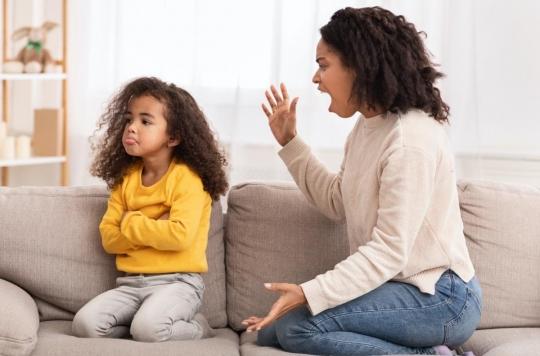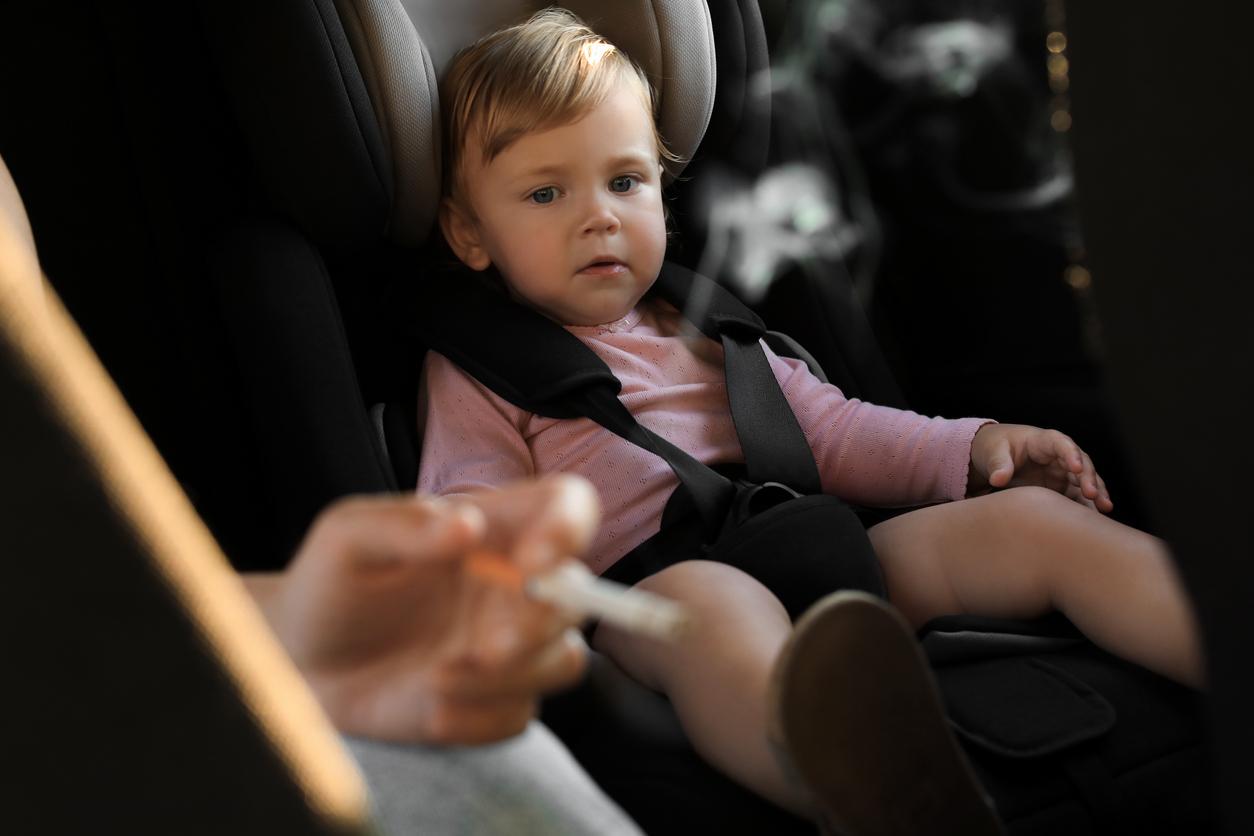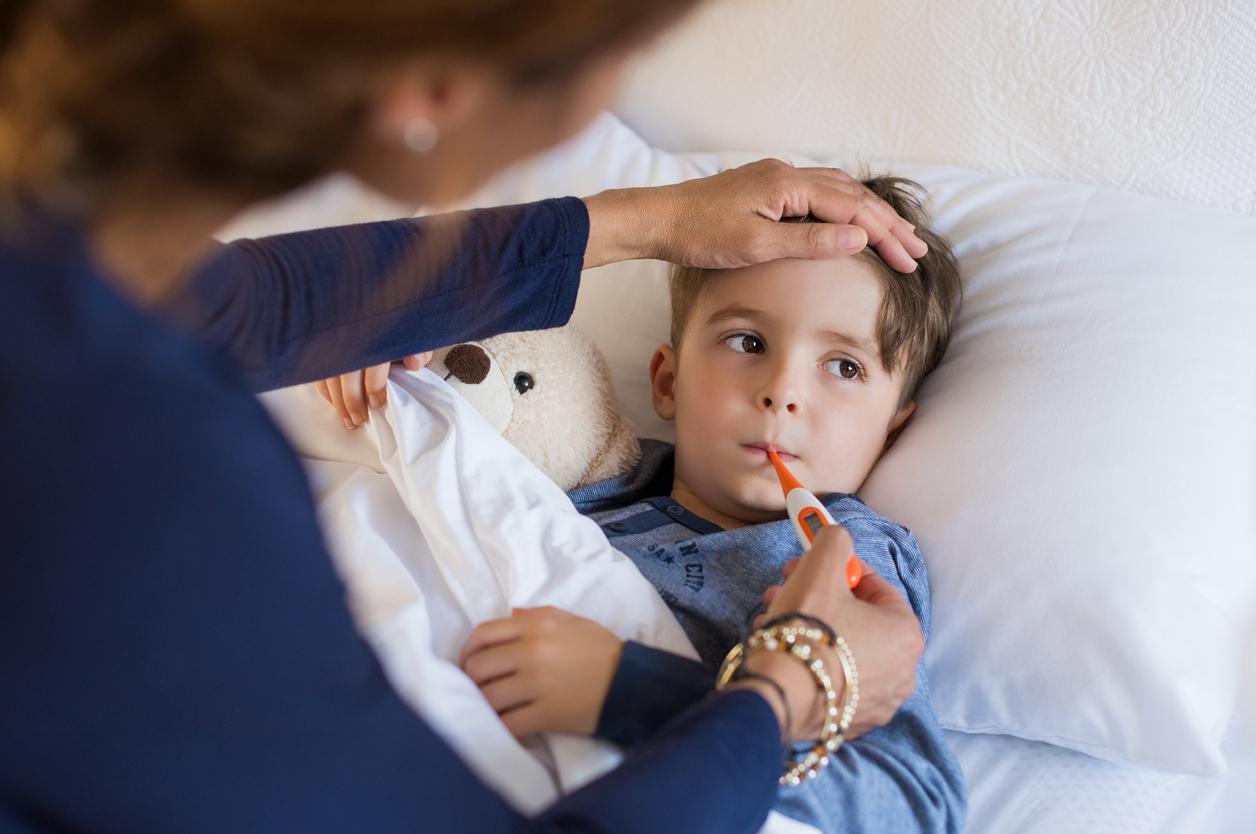Getting angry, yelling or shaking a child repeatedly reduces the size of certain brain areas during adolescence.

- Too tough on kids could affect brain development
- Children of parents who are too severe can be victims of anxiety or depressive disorders
A benevolent education is beneficial for the psychological health of the child, but also for his development. Researchers from the University of Montreal and Stanford demonstrate this in the specialized journal Development and Psychopathology. They publish the results of a study on the development of the prefrontal cortex and the amygdala in adolescents. They note that a severe education has consequences on the size of these areas of the brain.
Previous research on child abuse
In this context, the notion of harsh education refers to often shouting, getting angry, shaking or hitting your child. “In Canada and around the world, these negative forms of parenting practices are used frequently and are still socially accepted by a majority of people.“say the Canadian researchers in a communicated. They are to be differentiated from acts of mistreatment of children such as abuse, whether physical, sexual or emotional. The consequences of these acts on the development of children have already been analyzed in previous studies. Scientists have noticed that they are associated with anxiety and depressive disorders as children get older. “Children who have experienced such acts have also been shown to have decreases in the size of the prefrontal cortex and the amygdala.specify the team from the University of Montreal, two key structures in the processing of emotions and the emergence of anxiety and depression problems.”
Maltreatment and severe education: similar consequences
In this new research, the same effects are observed in adolescents, having undergone a harsh upbringing during their childhood. The Canadian team followed a group of children from birth to adolescence. Between the ages of 2 and 9, they recorded parenting practices and measured the level of anxiety each year. Groups of children were then formed according to the type of education they were receiving. “It should be kept in mind that negative parenting practices were constantly experienced between ages 2 and 9.says Sabrina Suffren, doctor of psychology and main author of this study. Brain differences are therefore associated with negative parenting practices experienced repeatedly during childhood..” Between the ages of 12 and 16, the children underwent new examinations to measure their level of anxiety and MRIs to observe their brain development. These various medical tests enabled the researchers to observe that the size of the prefrontal cortex and l adolescent amygdala was smaller when they received a harsh upbringing.”These results are major and new, Sabrina Suffren analysissince this is the first time that negative parenting practices, without severe maltreatment, are associated with differences in the size of brain structures analogous to what was observed in connection with severe maltreatment.“Tools and structures have been created to help parents who encounter difficulties in the education of their children: parent-child reception centers managed by family allowance funds, family therapies, specialized associations, etc. .
.

















